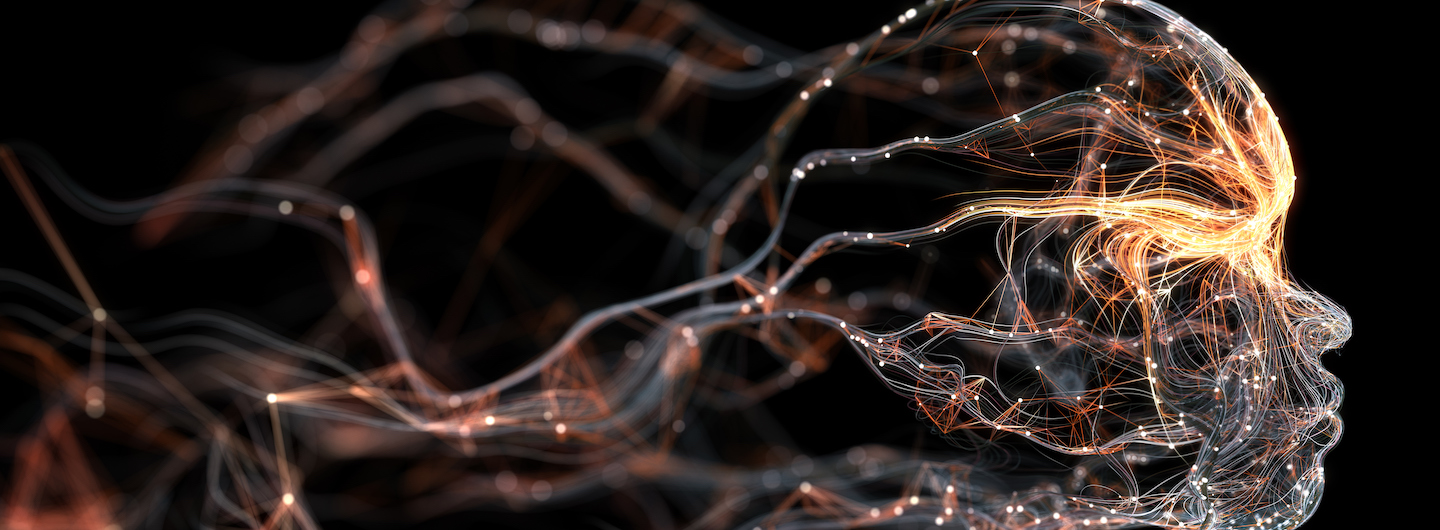A Department of Neurosciences is a specialized academic and research unit dedicated to understanding the nervous system. This complex network, encompassing the brain, spinal cord, and nerves, controls everything from our thoughts and emotions to bodily functions.
What do Neuroscientists do?
Neuroscientists delve into a vast array of topics, including:
- Brain structure and function: How does the brain work? How do different regions interact?
- Cognitive processes: How do we learn, remember, and think?
- Neural diseases: What causes conditions like Alzheimer's, Parkinson's, and epilepsy?
- Sensory systems: How do we see, hear, touch, taste, and smell?
- Motor control: How do we move our bodies?
Areas of Focus
A neuroscience department typically offers a variety of specializations, such as:
- Neurobiology: The biological basis of nervous system function.
- Neuroanatomy: The structure of the nervous system.
- Neurophysiology: The electrical and chemical processes of neurons.
- Neuropsychology: The relationship between brain function and behavior.
- Cognitive neuroscience: The neural basis of mental processes.
- Computational neuroscience: Using mathematical models to understand brain function.
Impact of Neuroscience Research
Research conducted in neuroscience departments has a profound impact on society. It leads to:
- Improved treatments for neurological and psychiatric disorders.
- Advances in artificial intelligence inspired by brain function.
- Enhanced understanding of human behavior and cognition.
- Development of new technologies for brain imaging and stimulation.
Our Specialists

DR. DURGVIJAY SINGH
M.D, D.M NEURO PHYSICIAN
DR. ABHINAV GUPTA
M.S, M.Ch NEURO SURGEON

DR. SMITA SRIVASTAVA
(DNB) PSYCHIATRIC






